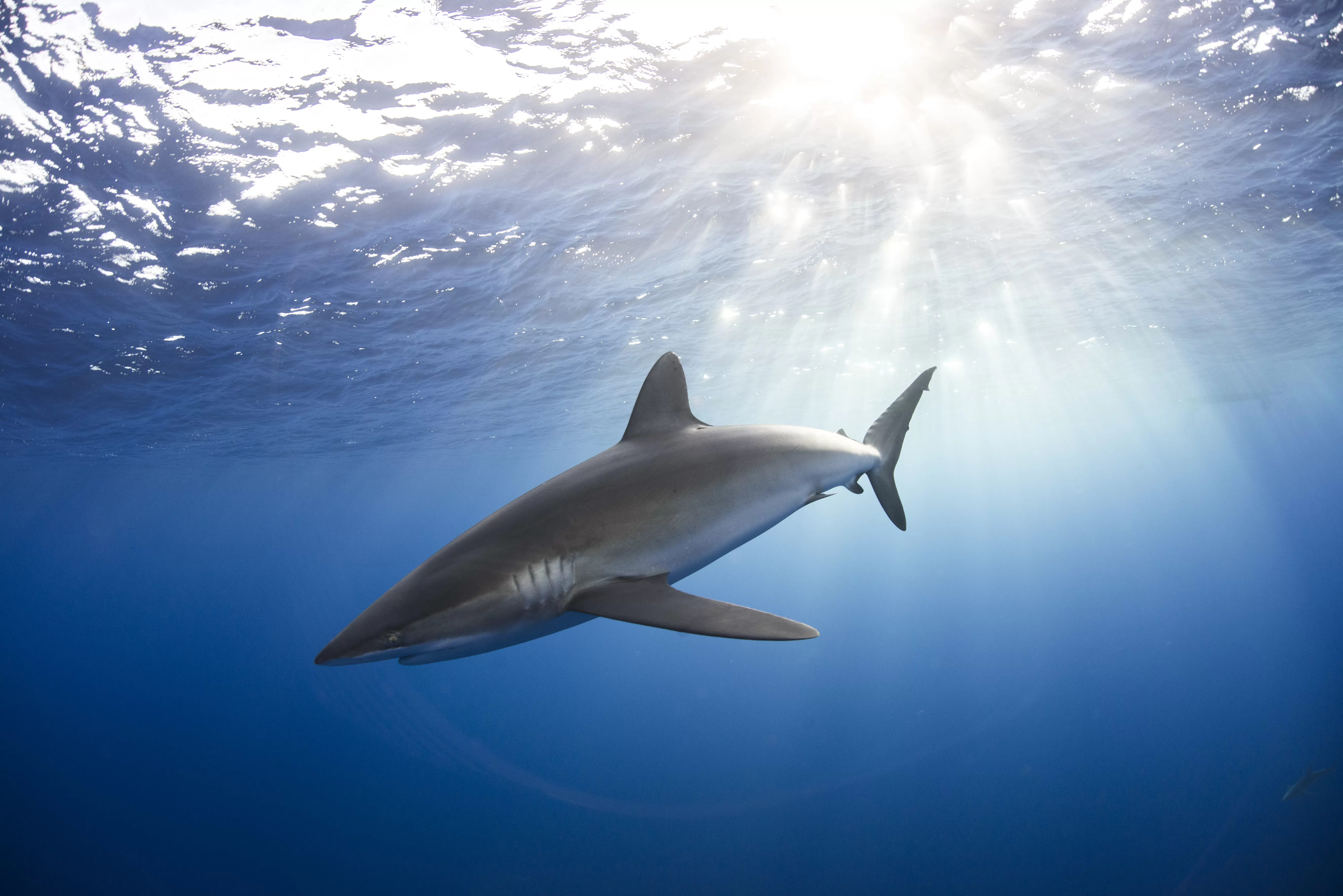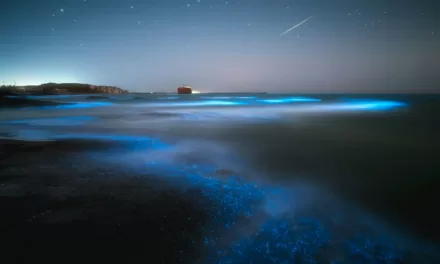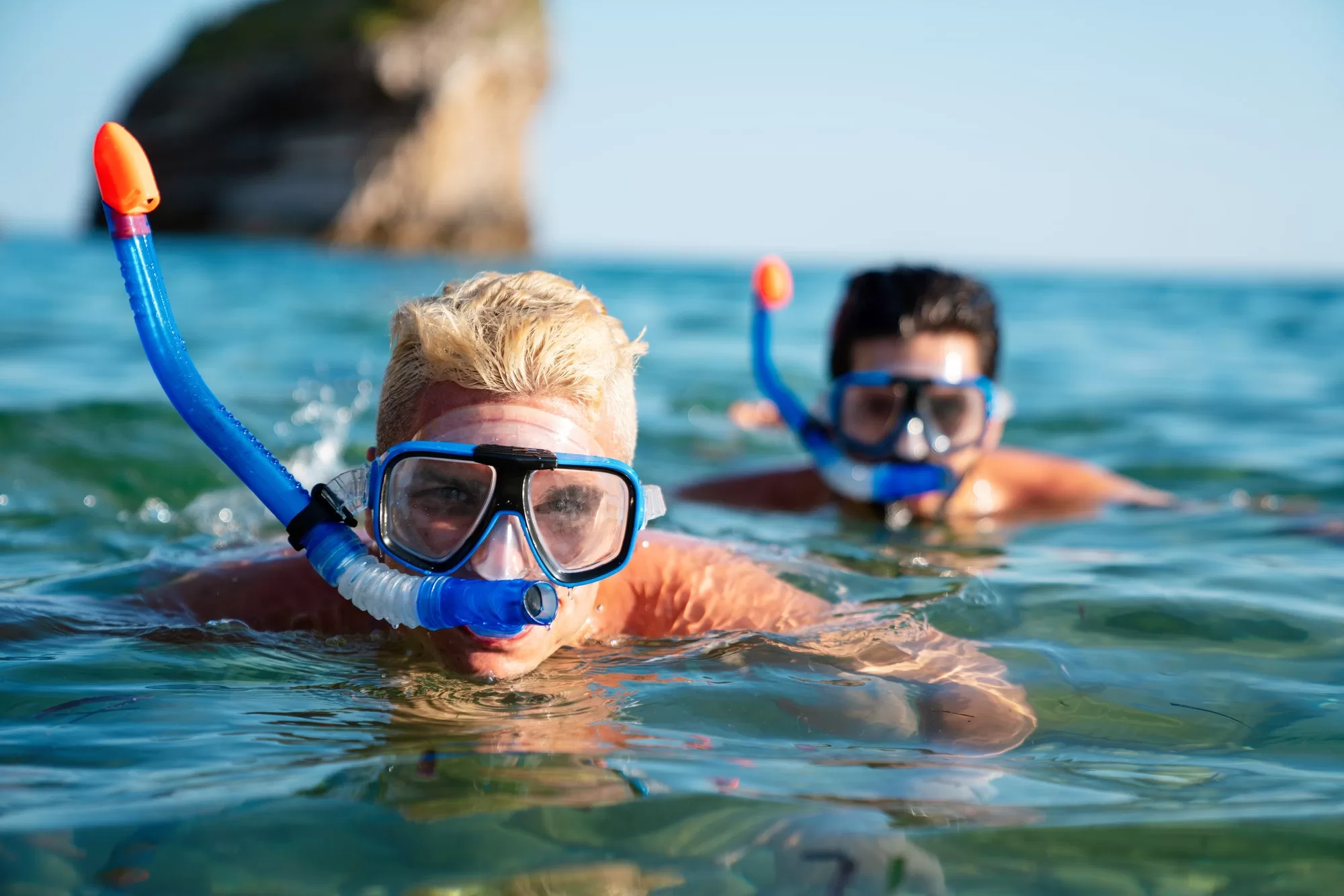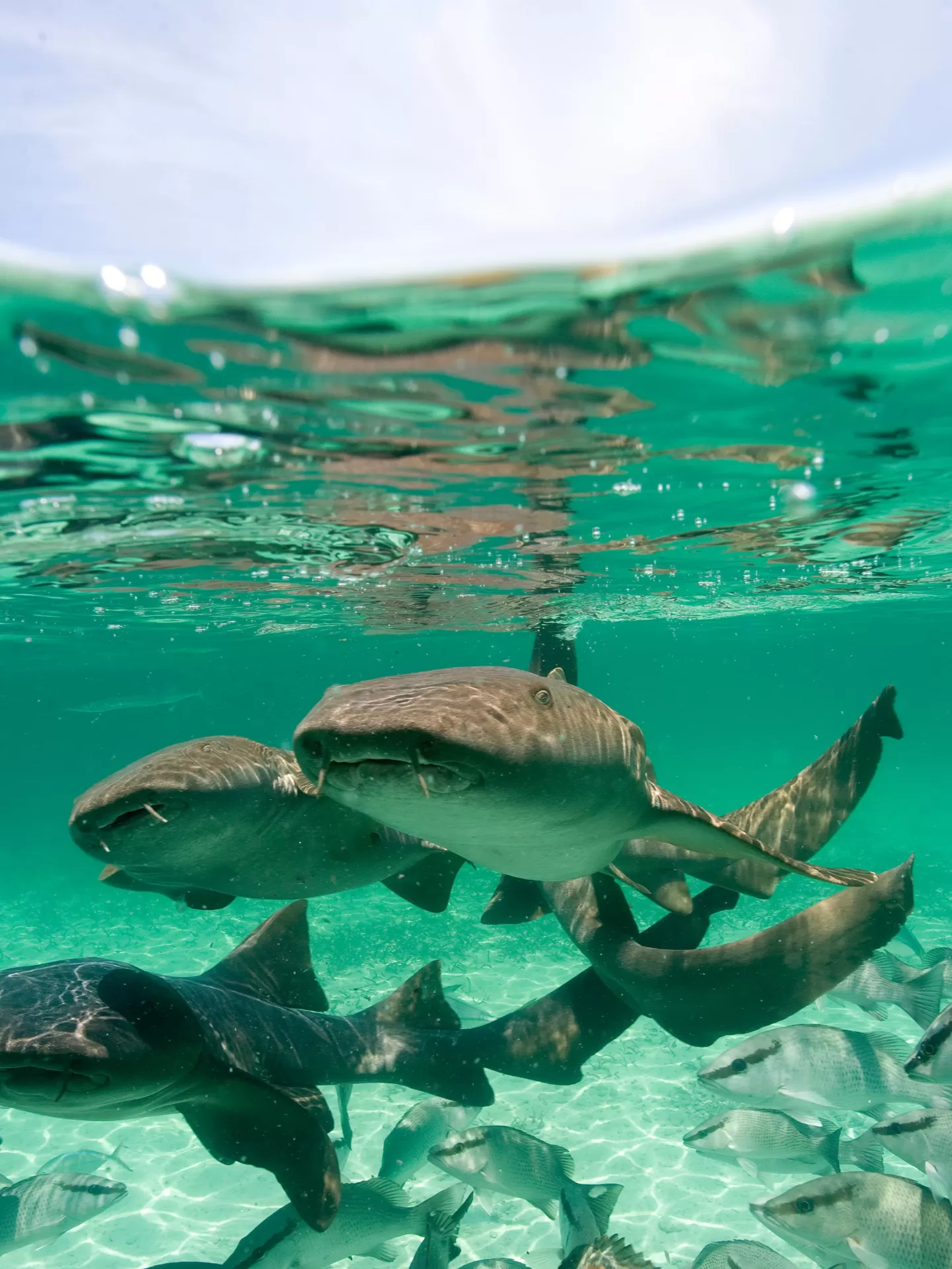Introduction Puerto Rico, a tropical paradise in the Caribbean, is not just known for its picturesque beaches and vibrant culture, but also for its rich marine biodiversity. Among the most fascinating inhabitants of its waters are sharks, which play a pivotal role in the ecosystem. This blog post will take you on an underwater journey to discover the types of sharks that call Puerto Rico home, their significance in local culture and the ecosystem, and how we can contribute to their conservation.
Types of Sharks Found in Puerto Rico The waters of Puerto Rico are teeming with a variety of shark species, each with its unique characteristics and habitats. The Caribbean Reef Shark is often spotted around coral reefs, playing a crucial role in maintaining the health of these ecosystems. The Nurse Shark, known for its docile nature, can often be found lounging on the ocean floor. The formidable Tiger Shark is known for its migratory patterns and occasional interactions with humans, while the Hammerhead Shark, with its distinctive head shape, faces threats that have put it on the conservation watchlist.
Sharks and Puerto Rican Culture Sharks have been an integral part of Puerto Rican culture for centuries. In folklore, they’re revered and respected, often featured in tales and myths. Local art and literature depict sharks in various forms, highlighting their significance in the cultural tapestry. Even in cuisine, sharks have a role, with traditional dishes that have been passed down through generations.
Shark Tourism in Puerto Rico Shark tourism has emerged as a popular and lucrative activity in Puerto Rico. Hotspots for shark watching and diving attract enthusiasts from around the globe, significantly impacting the local economy. However, with this growing industry comes the responsibility of ensuring ethical practices and promoting safe and respectful shark encounters.
Research and Conservation Efforts Puerto Rico is a hub for shark research, with various local and international organizations working tirelessly to study and protect these marine creatures. Their efforts have led to success stories in shark conservation but not without facing significant challenges that threaten these efforts.
The Role of Sharks in the Ecosystem As apex predators, sharks are crucial in maintaining ecological balance. They regulate the population of species below them in the food chain, which in turn affects coral reefs and fish populations. The decline in shark populations can have cascading effects on the entire marine ecosystem.
Human-Shark Interactions While shark encounters and attacks in Puerto Rico are rare, they do occur. This section will provide safety tips for water enthusiasts and debunk common myths, helping to address and alleviate fears about sharks.
How You Can Help Everyone can play a part in shark conservation. Whether it’s practicing responsible tourism, educating oneself about sharks, or getting involved in volunteering and citizen science projects, every effort counts.
Conclusion Sharks are an indispensable part of Puerto Rico’s marine ecosystem. Their well-being is closely tied to the health of the ocean and, by extension, the planet. It’s crucial for us to adopt conservation measures and engage in responsible interactions with these majestic creatures.




